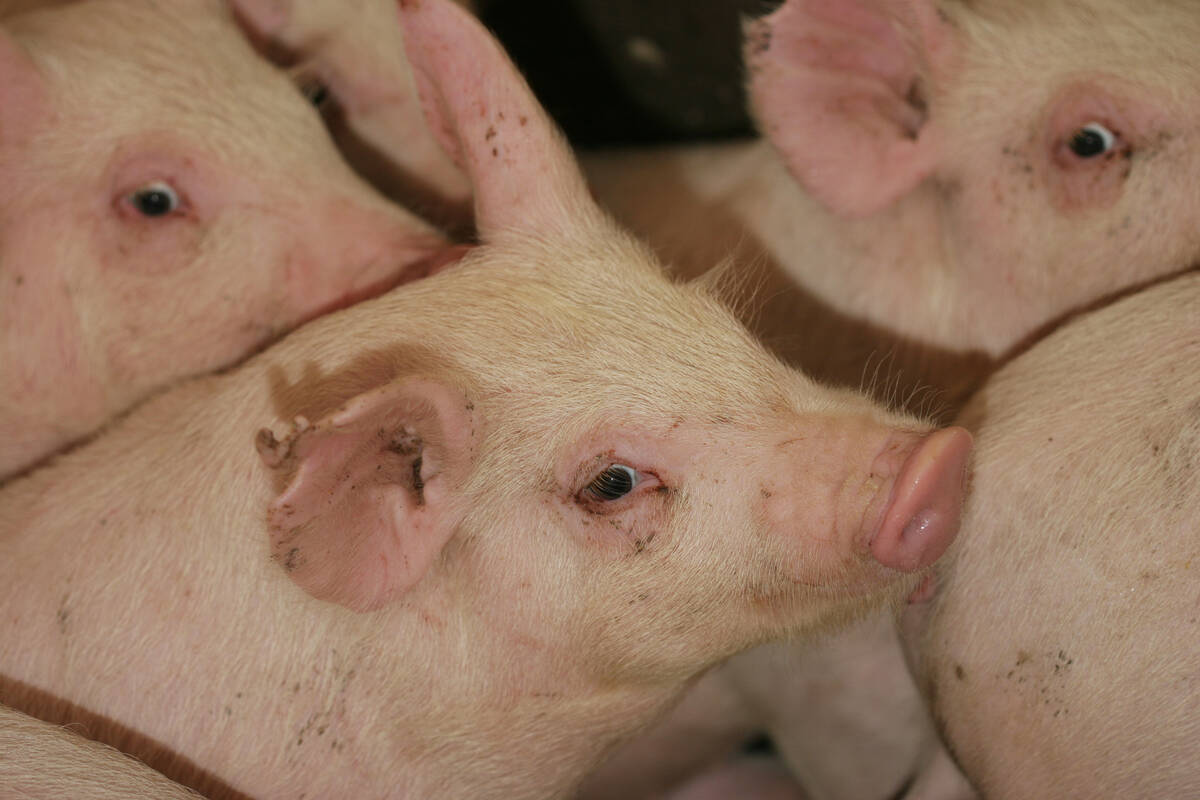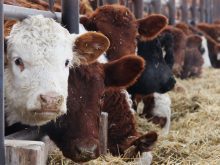They tried to sound optimistic last week about the long-term benefits of Ottawa’s focus on expanding trade, but cattle industry leaders also presented a sombre picture of an industry in peril.
“We do not have time on our side,” said the usually optimistic Ted Haney, president of the Canadian Beef Export Federation (CBEF).
The national cow herd has shrunk to around 13 million “and we are still shedding cattle and producers.”
The packing sector that expanded after BSE closed the U.S. border in 2003 to end Canada’s dependence on foreign processing plants now is running well under capacity and has shrunk 13 percent in two years. Haney said it no longer can supply Canada’s beef needs.
Read Also

The Western Producer Livestock Report – September 25, 2025
The U.S. national live price average for barrows and gilts was $81.21 Sept. 17. It was $78.37 Sept. 9. U.S. hogs averaged $106.71 on a carcass basis Sept. 17, up from $106.10 Sept. 9.
“We have again become dependent on the trade in live cattle to an increasingly protectionist American market,” he told the CBEF semi-annual meeting March 17.
“It is not that we choose to export live cattle. We have to.”
Roland Baumann, president of the British Columbia Cattlemen’s Association and a cow-calf producer from Vanderhoof, offered a grim view of conditions on the farm.
Six years of trauma and hard times have brought the sector “to an end” in B.C., he said.
“We have used up our savings, taken on more debt and are liquidating equity at an alarming rate, always under the expectation that the turn around will be next year,” he told the meeting.
“Next year has caught up with us and we don’t see many encouraging signals that would have an immediate positive bearing on calf and yearling pricing.”
Meanwhile, the B.C. herd has shrunk by a third over the past four years to 220,000 head while the sell-off continues.
Baumann said the reduced herd will help lift prices for “whoever survives three or four more years.”
He also warned that the crisis in his sector will cascade up through the industry.
“What is happening at the cow-calf sector, the beginning of the supply chain, will have a significant impact on your businesses as well,” he told other sectors.
“As we shrink, so will you and I think it is important to let you know.”
If the gloom and pain weren’t enough, speakers at the CBEF and Canadian Cattlemen’s Association meetings also warned that the catastrophe could worsen if the American administration persists in its goal to make country-of-origin labelling requirements more strenuous than the current rule.
They implored the Conservative government to keep lobbying Washington and vowed to work with Mexico against agriculture secretary Tom Vilsack’s proposals.
“The recession has to be untangled from the impact of COOL,” said CCA official Mark Klassen.
He warned producers there will be added paperwork, including a 16-page survey for producers willing to fill it out.
“There will be no substitute to collecting the data to present.”














